Last year around these Christmas dates, a patient went to the doctor's office Eduardo de Frutos in Talavera de la Reina (Toledo).
Her lip was swollen and even part of her face was semi-paralyzed after a cosmetic medicine treatment that a supposed nurse had performed at her home.
Botox at home.
The doctor was able to repair the damage and the woman decided that she would report it.
It does not always happen, in fact it is not usual for a patient even with sequelae to start a judicial process.
"But if they don't, it is impossible to fight pirate treatments," says De Frutos.
More information
We want to remain young and handsome despite the pandemic
The doctor, who also undergoes consultation in Madrid, belongs to the intrusion commission of the Spanish Society of Aesthetic Medicine (SEME), which will be presented as a popular accusation in the case. "In the last eight years, we see how this has become one of the main problems in our sector," he says. Professionals speak that they have detected treatments in hairdressers, supposed nurses who come to homes, products that are bought online or social media accounts in which it is only allowed to make an appointment by WhatsApp and notify the place and time of treatment 24 hours in advance.
The doctors deduce that they make appointments with such a short time and in different places to avoid inspections.
It is very easy to find Instagram accounts that boast of treatments such as those known as Russian lips in which they advertise the different cities in which they will be available each week.
It is like a kind of aesthetic tour that does not stop and in which many require payments in advance as a reservation.
His partner Sergio Fernández, with a clinic in the center of Madrid, relates the same thing.
“Many times, patients go to the wrong places or trust people they shouldn't because of misinformation.
Have they ever called my clinic in a hotel requesting that I go to inject a client in the room and I had to explain to them that this is not possible ”, says the doctor.
At the end of November, the Police arrested a woman in Madrid who was posing as a doctor to perform cosmetic treatments. It was advertised through a well-known sales website and offered injections of botox and hyaluronic acid. The detainee rented a
coworking space
in Chamberí, for which he presented false documentation, both about his identity and his degree.
Following his arrest, the officers also seized a large quantity of medical supplies, such as vials, syringes and needles, which were sent to a laboratory for analysis.
The Police are looking for possible victims since they are aware that "some of them had to go later to a certified clinic for infections caused by the treatments," the body reported in a statement.
This operation is one of the few in which the underworld of aesthetic medicine emerges from underground.
More information
Madrid, the region that does not want to grow old
A few years ago, the age of entry into aesthetic medicine was 35, according to industry sources. Now, 20-year-old clients inject hyaluronic acid into their lips and botulinum toxin into their forehead. This can help them to find a way to do it through the medium they know best: the networks. And it is not always easy to distinguish what is approved from what is not.
“There are few arrests, because it is very difficult to prosecute.
Those affected afterwards are ashamed to admit that they have injected themselves in a hairdresser or in any other place without certification and they almost never report it, ”says Fernández.
"The problem is that it seems to people that the injections are minor things, they are not silicone surgeries like the old ones, so unless it is a huge disaster, at most six months later the effect has disappeared", Add.
According to data from the SEME in Spain, 30% of cases of intrusion occur in aesthetic centers without a license, 16% in hairdressers and 14% in private homes of self-employed beauticians.
On trial with the infirmary
Medical professionals have even gone to court with the College of Nursing for the delimitation of the functions of each group. And for now they have won. In a judgment of April 2020, the Superior Court of Justice of Madrid agreed with the SEME and ruled that "it is up to the doctor to plan and apply non-surgical and surgical treatments" and that a nurse cannot apply "treatments and interventions that correspond to to the competence of a physician ”. The ruling is based on existing legislation in different autonomous communities that states that the "use of laser devices will be carried out under the responsibility of a graduate in Medicine and Surgery." The same says about Botox: "Its application will always be carried out by medical health professionals with experience in treatment."
The Supreme Court upheld this ruling last July.
In a statement, the College of Nursing asked not to draw hasty conclusions from this ruling and to wait for other pending appeals in the Supreme Court on matters related to the application of aesthetic treatments.
This suggests that judicial confrontations will continue for a sector that, according to the latest data from the SEME itself, moves more than 2,800 million euros per year in Spain and attracted 140,000 tourists in search of aesthetic medicine in 2018.
Part of the products seized in Operation Intruder NATIONAL POLICE (Europa Press)
If the intrusion is proliferating, it is because the channels to acquire the products that are injected also. The National Police and the Municipal Police of Madrid jointly developed the Instruso operation in the middle of this month. They requisitioned more than half a million fake or defective products, among which they found 28,000 cosmetics. They had "serious deficiencies in labeling, security, lack of customs control, non-existence of invoicing of origin and destination, lack of health and safety records and prohibited marketing," detail those responsible for the operation in a statement. In this investigation, carried out by the Main Judicial Police Station of the Municipal Police, together with the Immigration Brigade and the National UCRIF, 22 people were arrested, among other crimes, for professional intrusion.
In this case, the products were located thanks to inspections in fifty establishments, but the sales web pages are also a showcase for this material.
Doctors are also aware of this black market, which is actually visible to everyone with little effort.
They usually notify each other through WhatsApp groups or in internal meetings to be up to date on this too.
"We denounce to the Spanish Medical Agency that it is true that it withdraws the ads quickly, but a few weeks later they are there again," laments Fernández.
To be beautiful and handsome, it is better to ask for certificates.
Subscribe here
to our daily newsletter about Madrid.

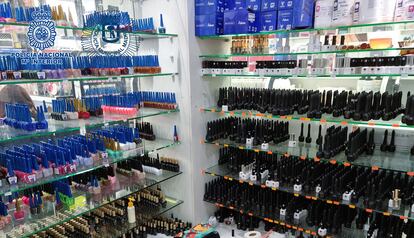
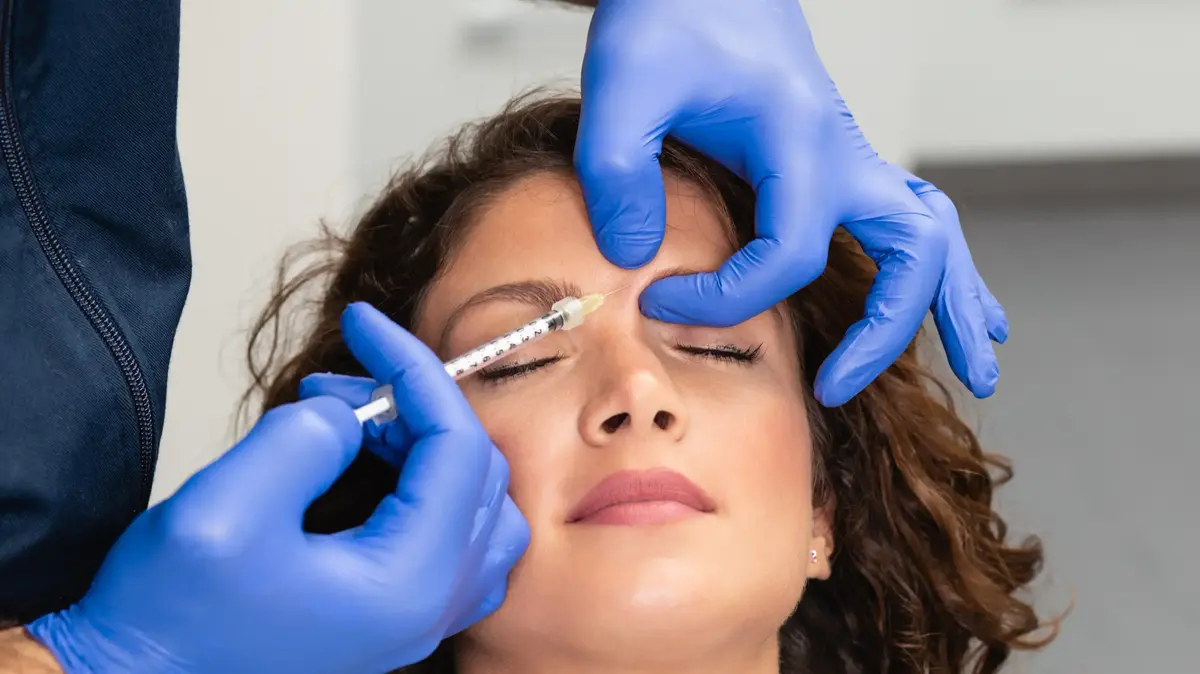
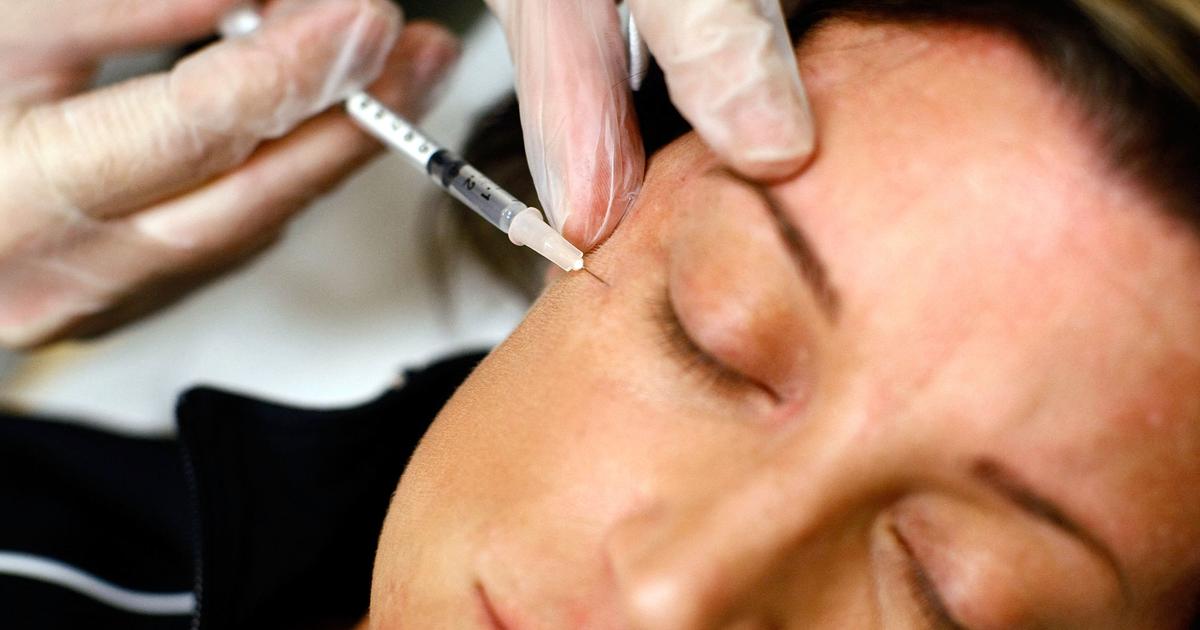
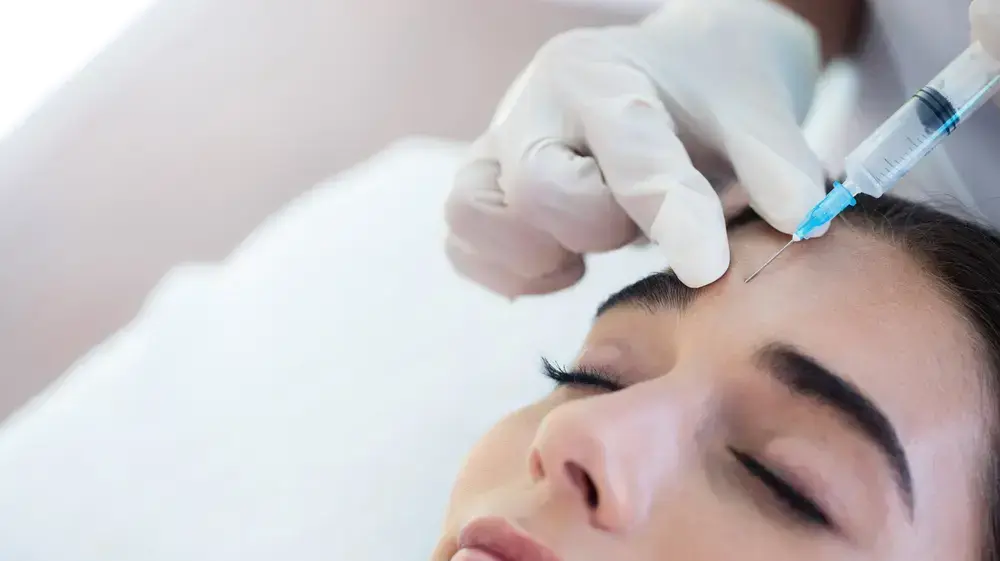

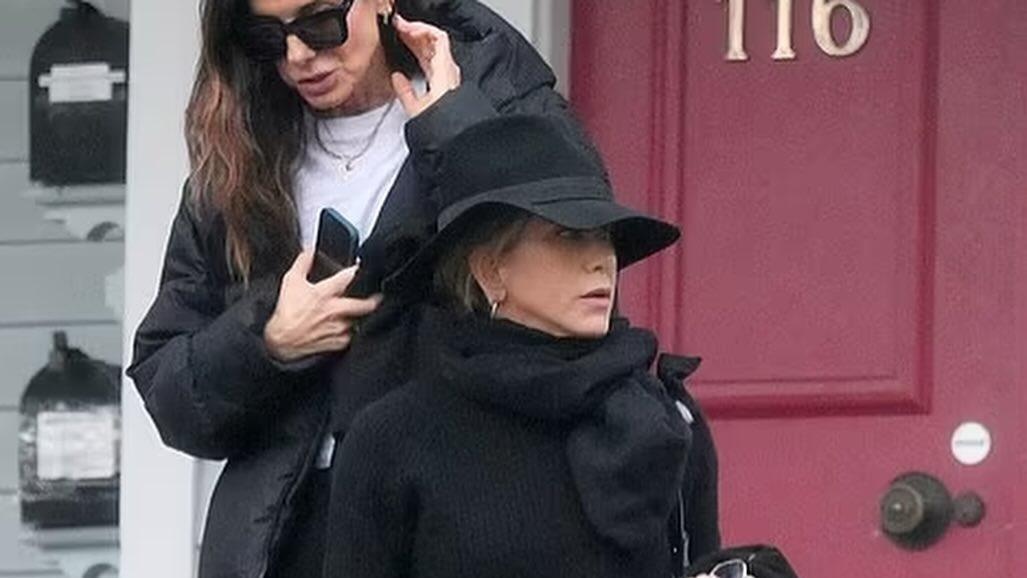
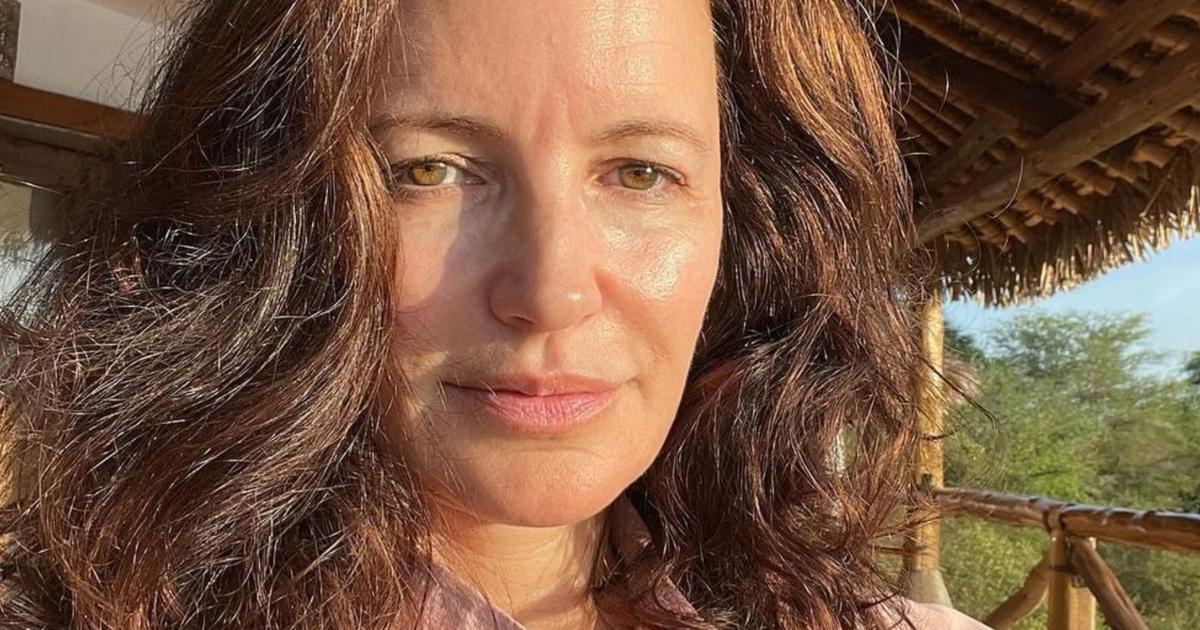




/cloudfront-eu-central-1.images.arcpublishing.com/prisa/KMEYMJKESBAZBE4MRBAM4TGHIQ.jpg)


